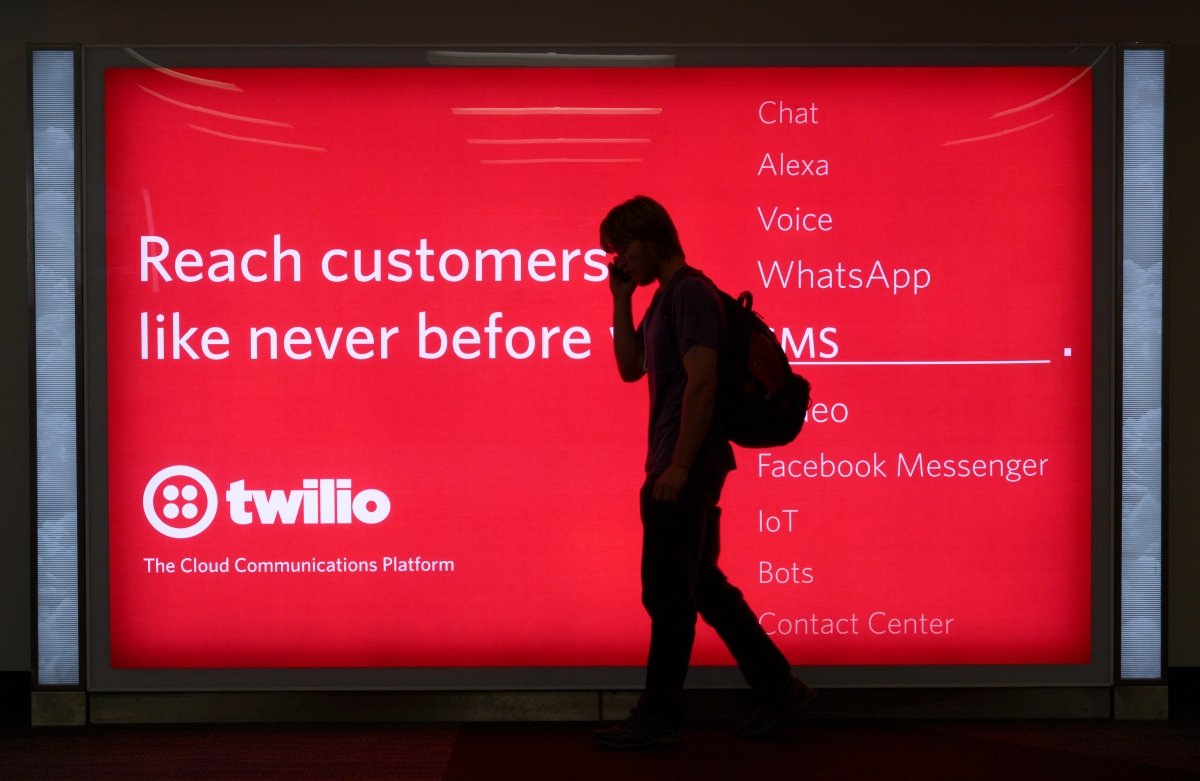After years of steady growth, Twilio is undergoing a round of layoffs that will impact around 17% of its global workforce. The company will also restructure its internal organization and create two business units – Twilio Communications and Twilio Data & Applications. The moves are part of an ongoing goal to focus on the company’s ” Core competencies ,” which include communication technologies, data analytics, and mobile applications.
Today’s news must be particularly difficult for Twilio employees as the company already conducted a round of layoffs in September, 2022. In response to fears of stagnation and impending competition from larger companies, such as Facebook and Google, Twilio laid off 11% of its staff- resulting in the dismissal of dozens of engineers and managers. However, despite these recent cuts, Twilio remains one of the most promising tech startups on the market and its employees will continue to innovate new ways to improve customer experience.
According to Twilio’s latest earnings release, the company has announced that it plans to lay off 816 employees over the next year. While this may seem like a large number, it’s only around 1% of the company’s total workforce. This is a necessary step in order for Twilio to maintain its competitive edge and continue growing into the future.
Jeff Lawson is doing what any good business owner would do in order to keep their company afloat- by forming two separate business units and laying off a significant number of employees. This move will undoubtedly result in Twilio becoming more efficient, but it will also result in some valuable employees losing their jobs.
In light of its acquisitions and product developments, Twilio is currently a more complex platform than it was when it first started. This may be an obstacle for some businesses looking to use Twilio as their primary communication solution, but it could also result in new opportunities for those who are able to navigate the platform’s complexities.
In order to speed up growth on their Communication, Segment, Flex, and Engage teams Lawson is advocating for a restructuring within the company. This new plan would place each team beneath a unified “Segment” department in order to more easily share resources and optimize efficiency. The goal of this reorganization is twofold: first, it will help seperate each team’s specific strengths in order to better enable all four divisions to grow; secondly, it will help improve customer engagement through closer cooperation between these different departments. With such important goals at play Lawson believes this move will be instrumental in achieving both short-term objectives and long-term vision for the company as a whole.
Many communications employees will undoubtedly feel the loss of their jobs today. With a rapidly growing company like Uber, it makes sense that this area is targeted for layoffs. However, given the highly important role communications play in an organization, many employees may not be too happy about their termination.
The company is eliminating some benefits, such as book and wellness allowances as well as Twilio Recharge — a four-week paid sabbatical that employees would get every three years. Affected employees will receive 12 weeks of base pay plus one week for every year of service, as well as health coverage and career resources.
Twilio’s decision to sunset their Recharge service marks another in a string of strategic missteps for the company. Since Lawson became CEO, Twilio has made a number of costly acquisitions and failed to keep pace with industry competitors. The company has also been struggling to maintain profitability as its bandwidth and phone service prices continue to rise.
Jeff Lawson, the CEO of Twilio, is set to receive a salary reduction in order to offset the cost of the workforce reduction. This action will result in Twilio spending an additional $100 to $135 million on charges related to personnel reductions. Office closures are also expected as a result of these costs.
The Twilio stock price jumped 2.8% on Wall Street today, after the company announced that it expects earnings of $0.85 per share for its fourth quarter ending in December – higher than analysts’ consensus estimate of $0.81 per share. The results beat expectations despite a 17% decline in net revenue to $158 million, attributable to declines in both customer growth and product sales. Management attributed much of the revenue shortfall to increased competitive pressures and lower spending by larger enterprise customers, although it reiterated its belief that the global macroeconomic environment is improving and should continue








